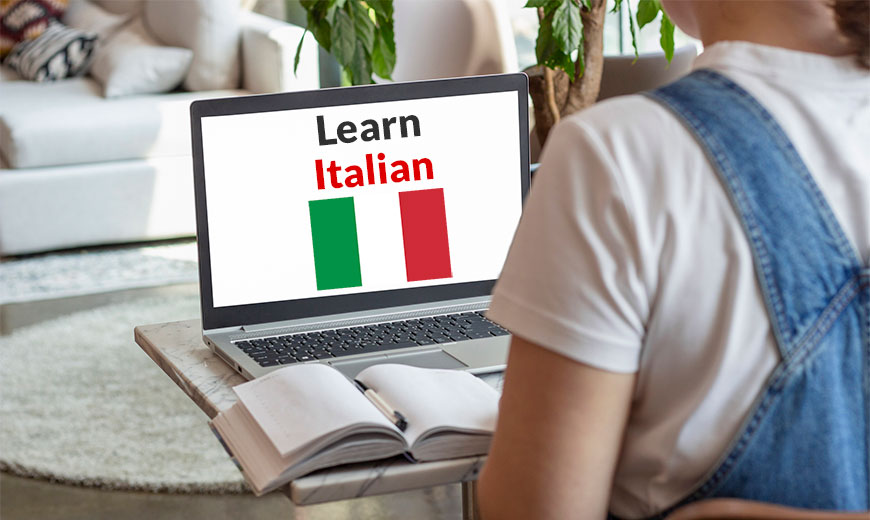Learning any language presents unique challenges that vary based on individual backgrounds, learning styles, and exposure to the language. Italian is no exception. Here are some of the most commonly difficult aspects of learning Italian:
Thank you for reading this post, don't forget to subscribe!1. Complex Grammar: Italian grammar can be intricate, especially for native English speakers who are not accustomed to gendered nouns, verb conjugations, and multiple tenses. The use of articles, prepositions, and pronouns often poses additional difficulties.
2. Pronunciation: Italian pronunciation includes sounds that are unfamiliar to English speakers. For instance, mastering the rolled “r” sound can be quite challenging. Additionally, the vowel sounds and certain consonant combinations require careful practice.
3. Expansive Vocabulary: The sheer volume of vocabulary in Italian can be daunting. While there are many cognates (words that look similar in English), there are also false friends—words that appear similar but have different meanings—which can cause confusion.
4. Listening Comprehension: Understanding spoken Italian at a native speaker’s pace is a significant hurdle. The rapid speech, varied accents, and regional dialects make it difficult for learners to follow conversations and pick up nuances.
5. Cultural Nuances: Effective communication in Italian involves more than just knowing the words; it requires an understanding of the cultural context. Italian customs, traditions, and social norms heavily influence the language, and grasping these nuances is essential for true fluency.
6. Practice and Immersion: Achieving fluency in Italian necessitates consistent practice and immersion. For learners not living in an Italian-speaking environment, finding opportunities to engage with the language through speaking, listening, reading, and writing can be challenging.
Despite these obstacles, many learners find Italian to be a beautiful and rewarding language. With dedication, regular practice, and patience, overcoming these challenges and achieving proficiency in Italian is entirely possible.
 Categories
Categories
 Discover Italy
Discover Italy
 Life
Life
 Travel
Travel
 Nature
Nature
 Explore Food
Explore Food


























